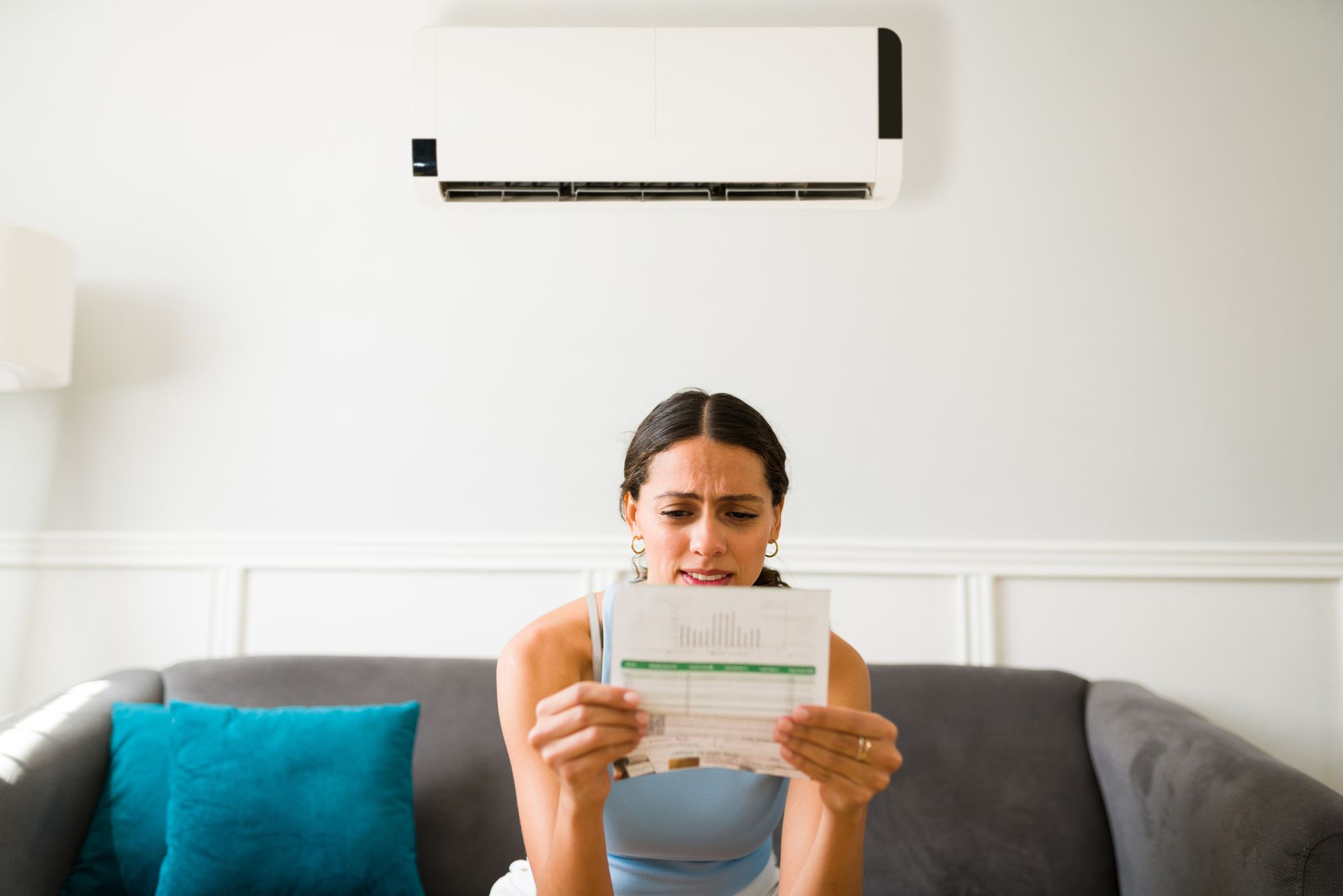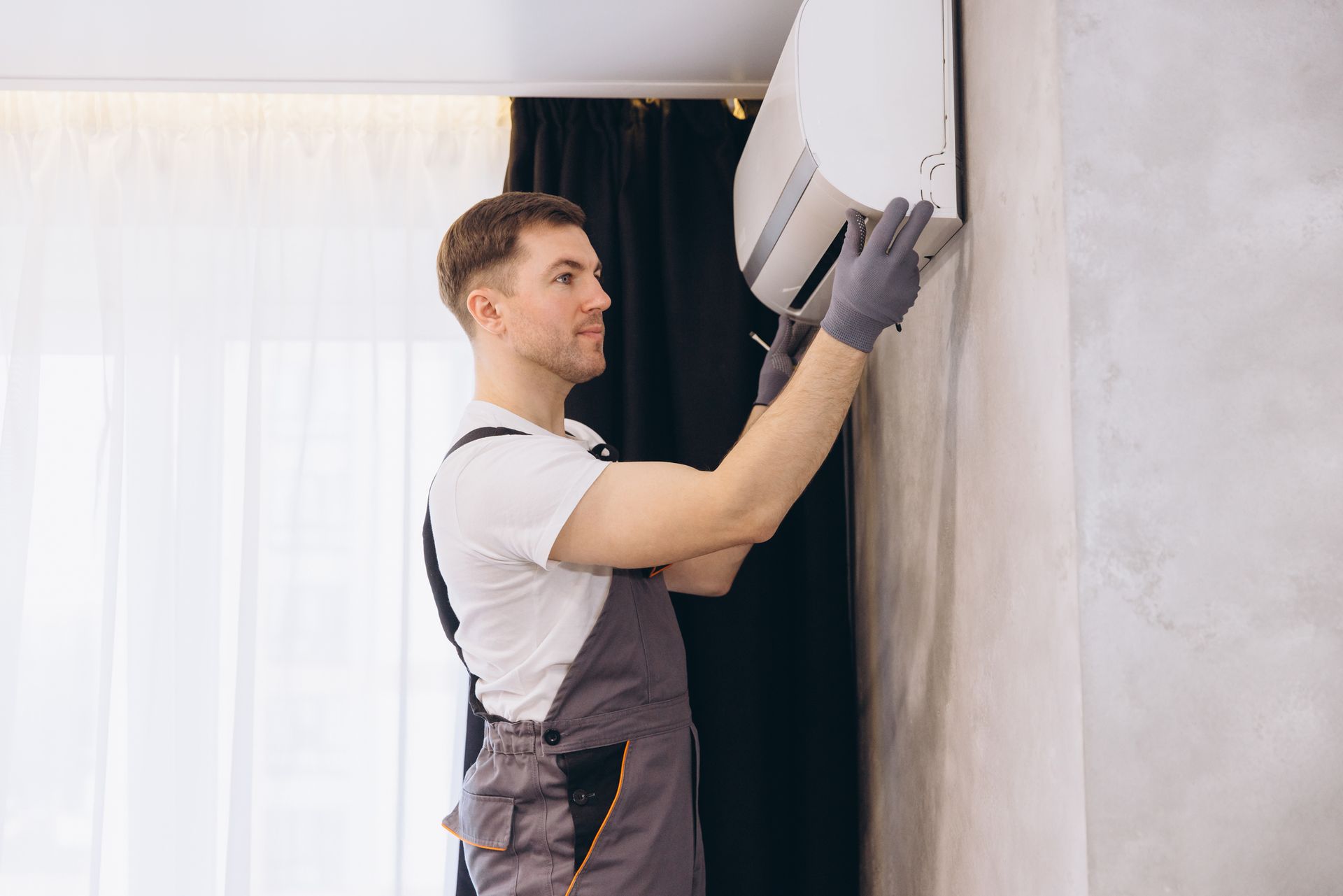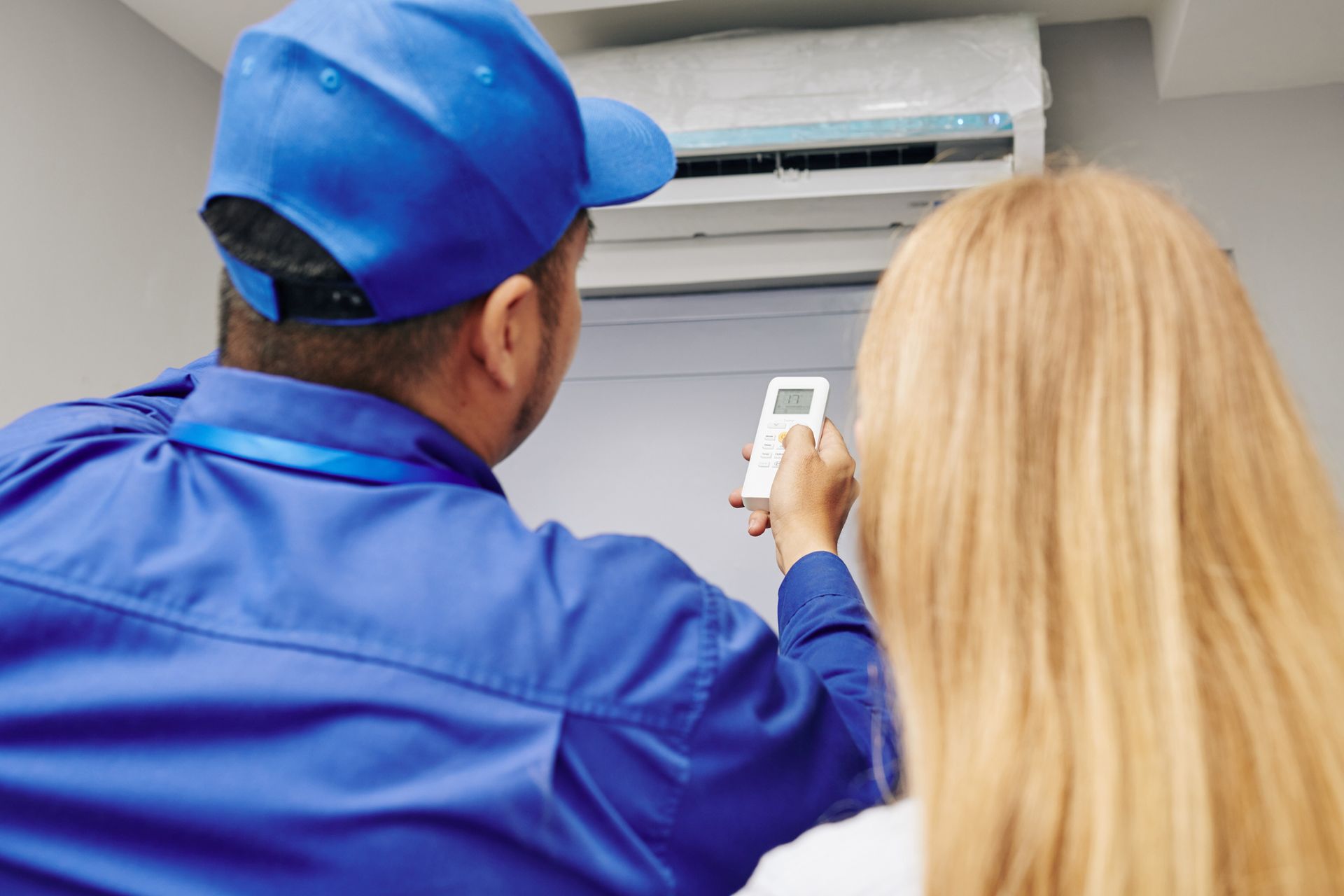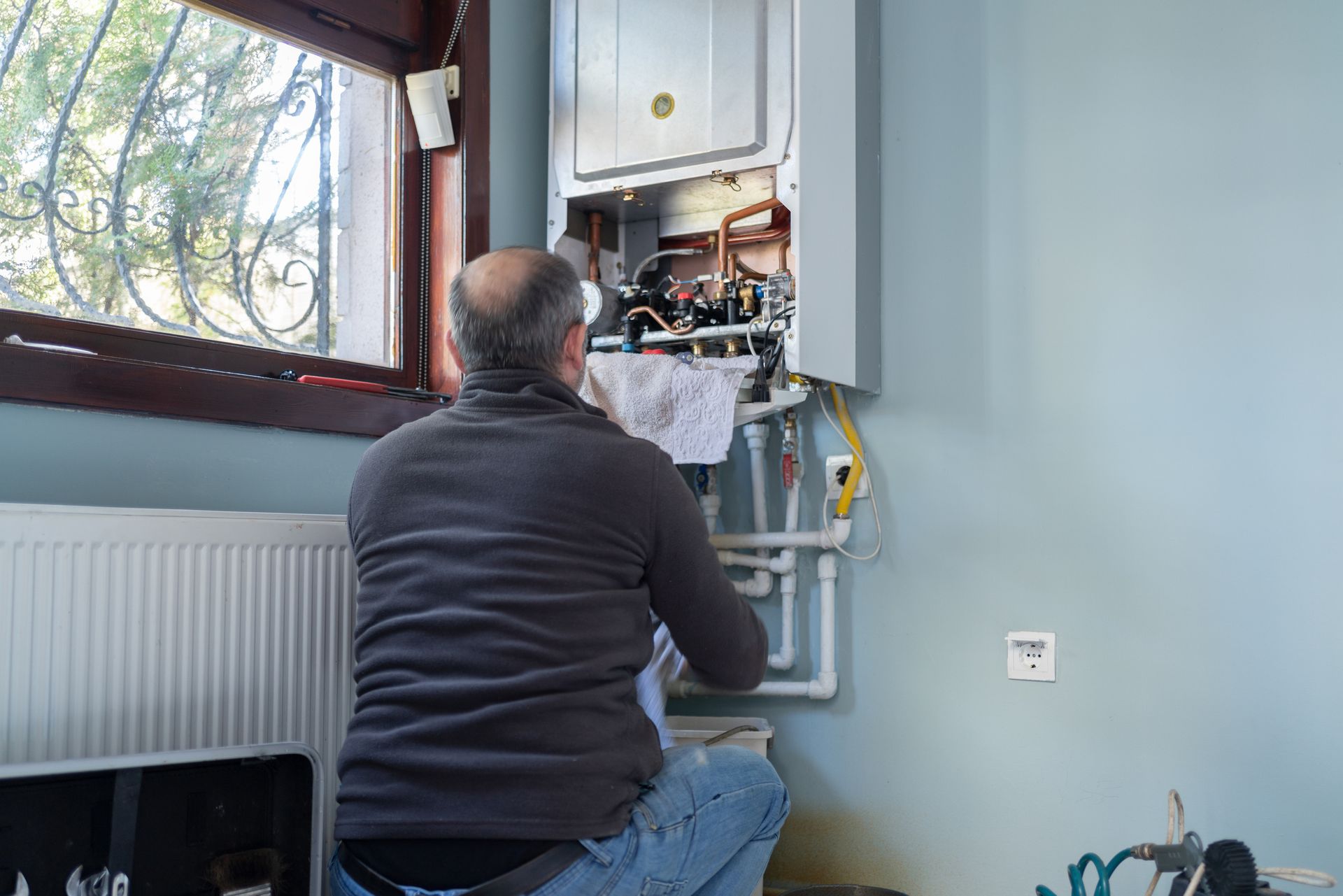AIR CONDITIONING, HEATING
CAN HVAC UNITS SPREAD COVID-19?

An HVAC system has a definitive role in both spreading and preventing the COVID-19 virus because of droplet and aerosol transmission. Can these tiny virus-filled particles spread through an air conditioner or furnace’s inner workings and infect people? On the other hand, can your HVAC system be a helpful barrier to minimize the spread of COVID-19?
While more research needs to be done, Hoffner Heating and Air Conditioning reviews what’s known now about HVAC systems in regard to the spread of COVID-19. It’s important to note that these systems should not be used as a replacement for wearing masks, washing hands, and practicing social distancing in an effort to mitigate the virus’s spread.
Benefits of HVAC Units
According to the Center for Disease Control (CDC), increased ventilation can lower the transmission of COVID-19 (but not eliminate it). Fans and air conditioners with vent controls are best for removing contaminants from a room, especially when the HVAC system’s outside air intake is open. It is crucial to ensure that airflow is being pulled in from the outside and exhausted from the home once it has cycled through. Stagnant air that has not been filtered may increase the chance of experiencing an allergic reaction or catching an illness, especially in a public space.
For further protection, the United States Environmental Protection Agency (EPA) suggests investing in a:
Portable air cleaner: a small device that uses a physical filter to collect impurities and cleanse the air
Air purifier: a device that uses UV lamps, negative ions, or ozone generation to cleanse the air
Evaporative cooler: a unit that cools a space by pulling in air from the outside
Energy-efficient air-to-air heat exchanger: add-on to an HVAC unit that vents pollutants but retains heat
Heat recovery ventilator (HRV): add-on to an HVAC unit that removes stagnant air and preheats fresh air
Energy-recovery ventilator (ERV): add-on to HVAC unit that captures humidity but retains some moisture
Bipolar ionization is another possible fighter against the transmission of COVID-19. According to Business Insider, bipolar ionization “utilizes specialized tubes that take oxygen molecules from the air and convert them into charged atoms that then cluster around microparticles, surrounding and deactivating harmful substances like airborne mold, bacteria, allergens, and viruses.” Essentially, oxygen molecules become atoms that capture dangerous particles, and then the particles are rendered harmless. This technology is already being used in hospitals and airlines and may become more popular as it proves its effectiveness. Despite a hopeful outlook, Contracting Business claims that bipolar ionization and its fight against COVID-19 is still subject to review by ASHRAE.
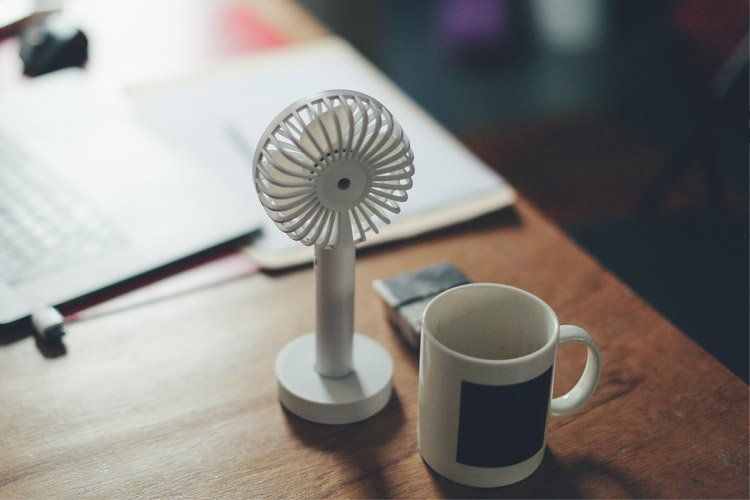
For now, there are still six ways you can improve the air quality in your home, such as:
- Keeping pollutants out of your home
- Properly ventilating your house
- Enforcing a no-shoes policy
- Dusting and vacuuming regularly
- Monitoring Radon and Carbon Monoxide Levels
- Maintaining your HVAC Unit
Invest in a HEPA Filter
HEPA is an acronym for “high-efficiency particulate air” filter. These types of filters prevent fine particles from entering the air. The EPA purports that the HEPA filter can “theoretically remove at least 99.97% of dust, pollen, mold, bacteria, and any airborne particles with a size of 0.3 microns (µm).” While the Coronavirus is around 0.1 micrometer (µm) in size when airborne, the particles generated by people and spread by contact are much larger (but less than 5 µm). Although the HEPA filters are not technically rated, the consensus is that they have a Minimum Efficiency Reporting Values (MERV) rating of 17 to 20. The MERV scale ranges from values 1 to 20, with 20 being the best filter quality.
HEPA filters can be installed in some units—such as furnaces and air purifiers—but you must make sure that you have the appropriate filter size to cover the expanse of your home. If not properly taken care of, HVAC units are theoretically capable of spreading germs and increasing allergic reactions, but the risk is low. And, while the virus does rely heavily on human interaction, you shouldn’t forgo replacing your filters or getting your HVAC units regularly inspected.
Of course, there are some drawbacks that you should be aware of. Because HEPA filters are thick to catch smaller particles, airflow within the HVAC unit may become restricted, and mold can form. These filters also tend to get expensive if replaced too often (they should last about 2 to 3 years). We also provide recommendations on when to change your furnace filters. To save money when purchasing a HEPA filter, choose a filter that can be washed and reused.
Potential Downfalls of HVAC Units
NPR’s Jessica Craig has said that air conditioners may act as a potential spreader of COVID-19 due to the fact that they are “sucking in virus particles breathed out by an infected person and then blowing those infectious particles back out in the same room or even another room several floors away.” Unfortunately, Craig’s statement holds some truth to it. COVID-19 particles are small in size, so not many filters may catch them—this means your HVAC unit can become contaminated and spread the particles throughout your home, office, school, and so on. However, the likelihood of an air conditioner spreading COVID-19 has yet to be determined by professionals.
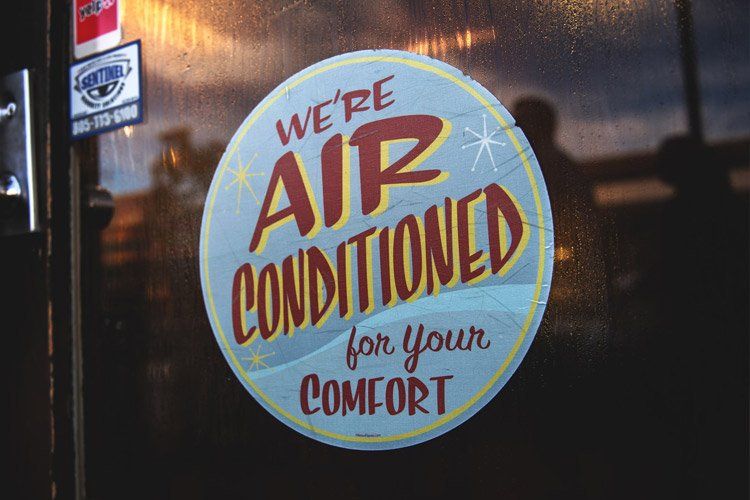
On the other hand, Harvard Health Publishing says that the risk of HVAC units spreading COVID-19 is a debate simply because people are staying indoors more often with poor air circulation. To avoid transmission, increase air circulation by opening windows and doors. You should also still be practicing social distancing, especially if the people in your home are coming and going. Studies have shown that the virus lingers in the air for up to three hours, which can be recirculated through the air if not cleansed.
It’s All About Staying Safe
We understand how frighteningly uncertain this particular period of time can be, so we at Hoffner Heating and Air Conditioning are here to help. If you need assistance with purchasing a specific filter, or have a question regarding your HVAC unit, use our contact page or give us a call at 412-376-9080. We’ll make the process quick and easy, all while following every safety precaution along the way.
FEBRUARY 12, 2021/BY MATTHEW FLOWERS


